Many cities, industrial centers, and populated areas of our planet are located in areas that are prone to severe earthquakes. Residents of cities and other settlements located in seismic zones should be trained from their early school days in the basics of behavior and actions before, during, and after an earthquake. To date, this is the only way to save the lives of many people during an earthquake.
Bhaskar Health prepared recommendations for how to prevent damage and behave in case of an earthquake.
Make your house your fortress.
If you live in a seismologically hazardous area, it is better to be prepared for earthquakes. Check your area on the site http://temblor.net/. Here you can see if there are any landslides near you. Be aware of the danger. Follow the next instructions, and make your house your fortress:
- Move beds away from windows. This can save your life if an earthquake occurs at night.
- Strengthen shelves so that heavy objects do not harm you during heavy "jerks."
- Buy extra fire extinguishers, batteries, flashlights, and provisions.
- Always store the necessary medicines in your medicine cabinet.
- Hire a design engineer to test the foundations so they don't slip during an earthquake.
- Insure your home against an earthquake. This will help you to quickly restore your house after a disaster.
1. If you're in a building:
If you feel the vibrations of the building, observe falling objects, or hear the growing rumble and ringing of breaking glass, don't panic. Try to reassure others. Don't leave the building during an earthquake.
- It is best to find a table, and then Drop, Cover, and Hold On. Learn it by heart.
- If you are in bed, protect your body with a pillow and a blanket. Lie face down.
2. If you're outside:
Be ready to help people. During shocks, don't enter buildings, and don't run around them.
- Move away from power lines, tall buildings, and roads for vehicles.
- Try to find shelter, and hide.
- And, again, Drop, Cover, and Hold On!
3. If you're in a car:
Being in a car during an earthquake is dangerous. Panic on the road can turn into a serious accident. So:
- Stay close to the curb.
- Avoid power lines and high-rise buildings.
- Don't get out of the car until the earthquake shocks stop.
4. If you're on the beach or another shore:
If you feel the shocks, don't wait for warnings from special services or officials. An earthquake can trigger a tsunami. So it's better to:
- Collect your things.
- Move to higher ground.
5. If you're in a wheelchair:
Look around for shelter. Try to get there as soon as possible. Then:
- Lock your wheels.
- Cover your head and neck with your hands and all available means — a book, rug, or pillow.
- Lock, Cover, and Hold On.
If an earthquake hasn't occurred in your city, read the public recommendations for people using a cane, walker, or wheelchair here.
6. If you're in a stadium:
Stay where you are. It is better not to panic in a crowd.
- Put yourself on the floor in front of your seat, and bend over.
- Cover your head and neck with your hands.
- Don't panic.
7. If you're in an elevator:
If you are thinking about using an elevator to leave the building during an earthquake, better discard this thought. Stay in the building, or use a ladder if necessary. The fact is that electricity during an earthquake is unstable and can be disconnected. If you are caught unaware, then take the following actions:
- Lie down on the floor.
- Grasp your head with your hands.
- Wait until the elevator starts to work again.
- Exit on the next floor, and use the stairs.
8. If you're in bed
Sometimes earthquakes happen at night. If you're woken by shocks and realize that you're experiencing an earthquake, try to do the following:
- Stay in bed
- Protect your head with a pillow
- If you have a shelf above your head or a luminaire that can fall on your head, then move to a safe place
9. If you're under debris
If the situation develops in such a way that during or after the earthquake you become trapped and can't get out from beneath the debris of a building, or anything else, act as follows:
- Don't move, so as not to kick up dust that can get into your eyes and lungs
- Cover your mouth with a cloth or clothes
- Don't light a lighter or matches
- Don't shout, it can be dangerous because of dust
- If you have a whistle, whistle so that rescuers can find you. If you don't have one, see if there is a pipe nearby, which can be clicked on or knocked
Overall evacuation rules
Evacuation is one of the ways to protect the population in case of natural disasters, major industrial accidents, and disasters. If you received a notification of the beginning of an evacuation, you should:
- Close windows and gas and water shut-off valves. Switch off electricity.
- Immediately collect the necessary things and exit the building in an organized manner using the emergency exits.
- After leaving the building, find a safe place.
- If you can't leave the building, find a table, and Drop, Cover, and Hold On.
- If you are trapped, don't panic. Try to find your bearings and give signals about yourself (knock iron on iron, pebbles on slabs, pipes, etc).
- Remember that the first shocks are the strongest (from 5 to 40 seconds). After that, there may come a temporary lull and then a new push.
Please follow these recommendations, and share them with your family and friends. If you have anything you'd like to add to this list, please tell us in the comments, and we'll be sure to highlight your useful advice!

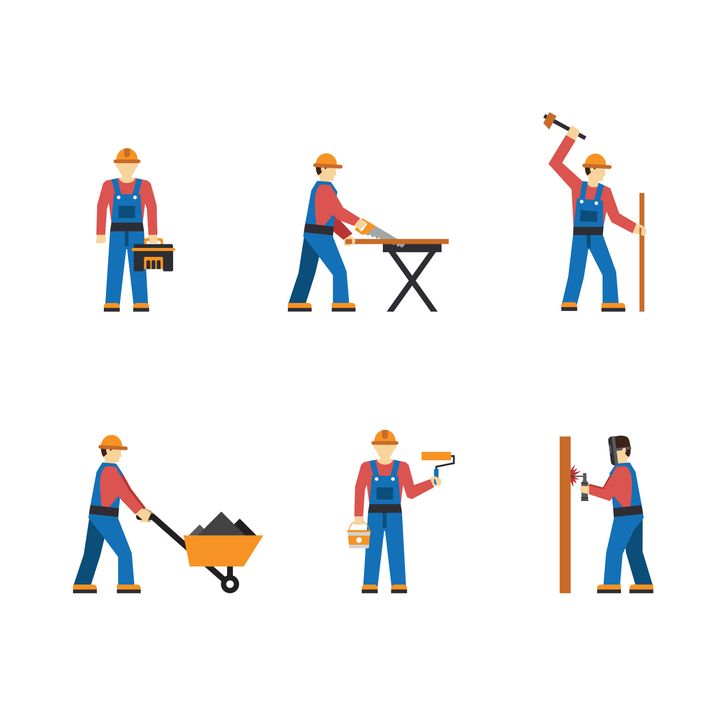
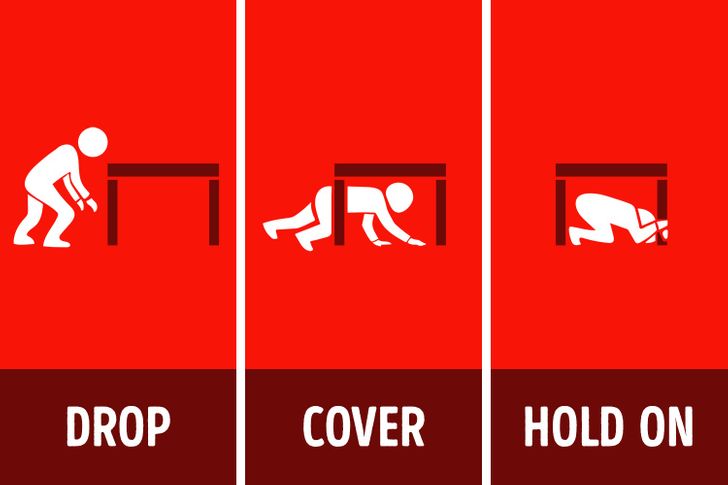
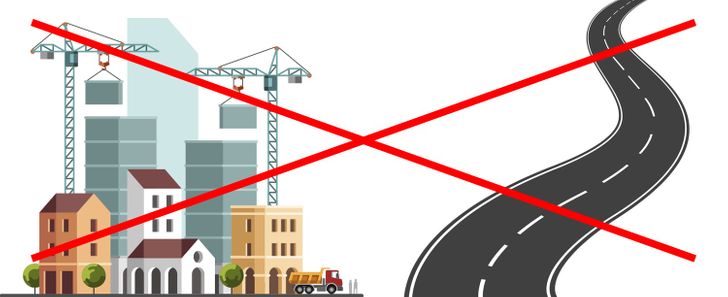
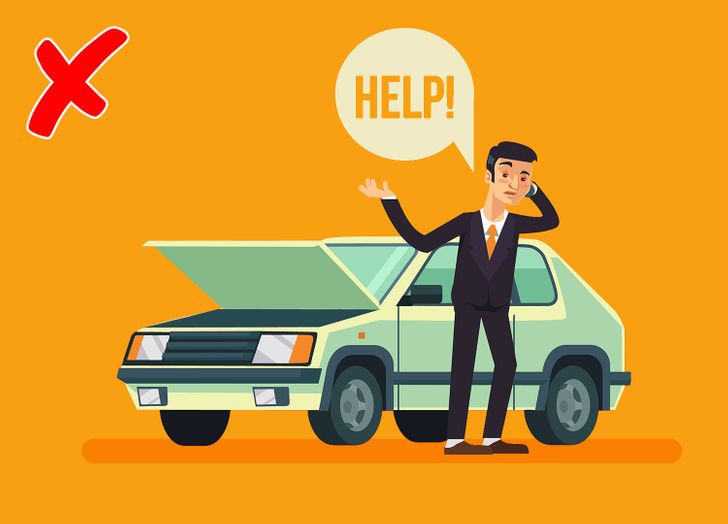

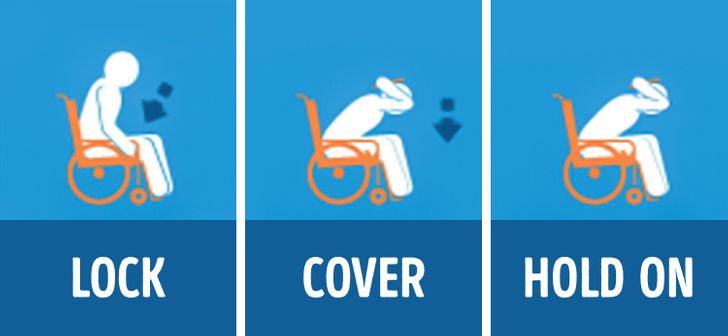

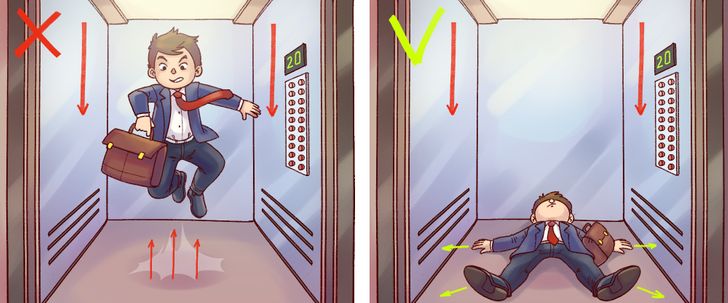
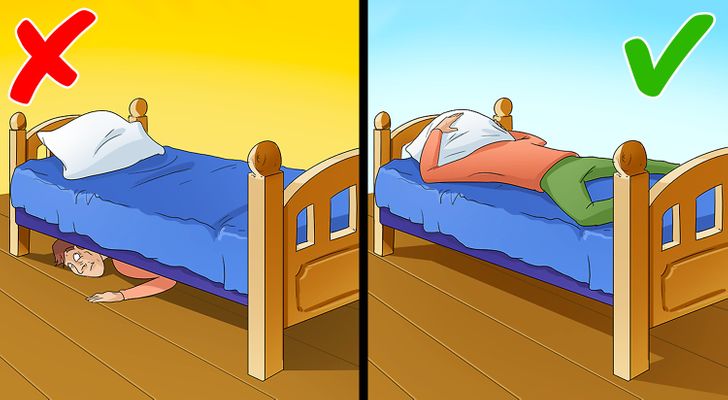
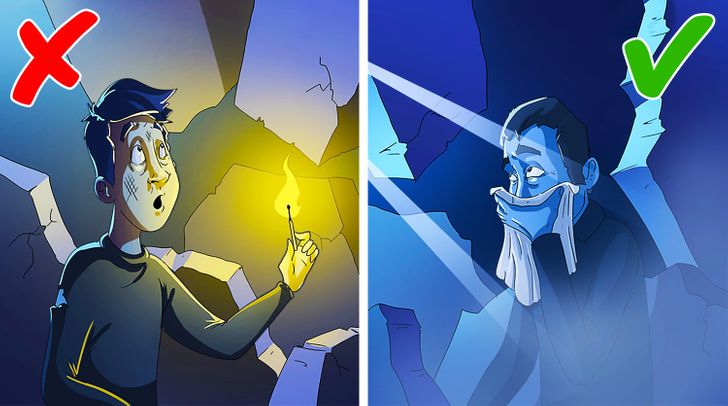
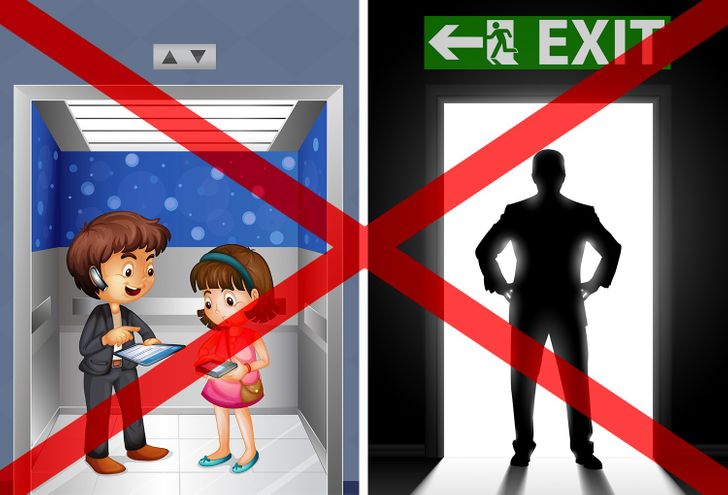
0Comments